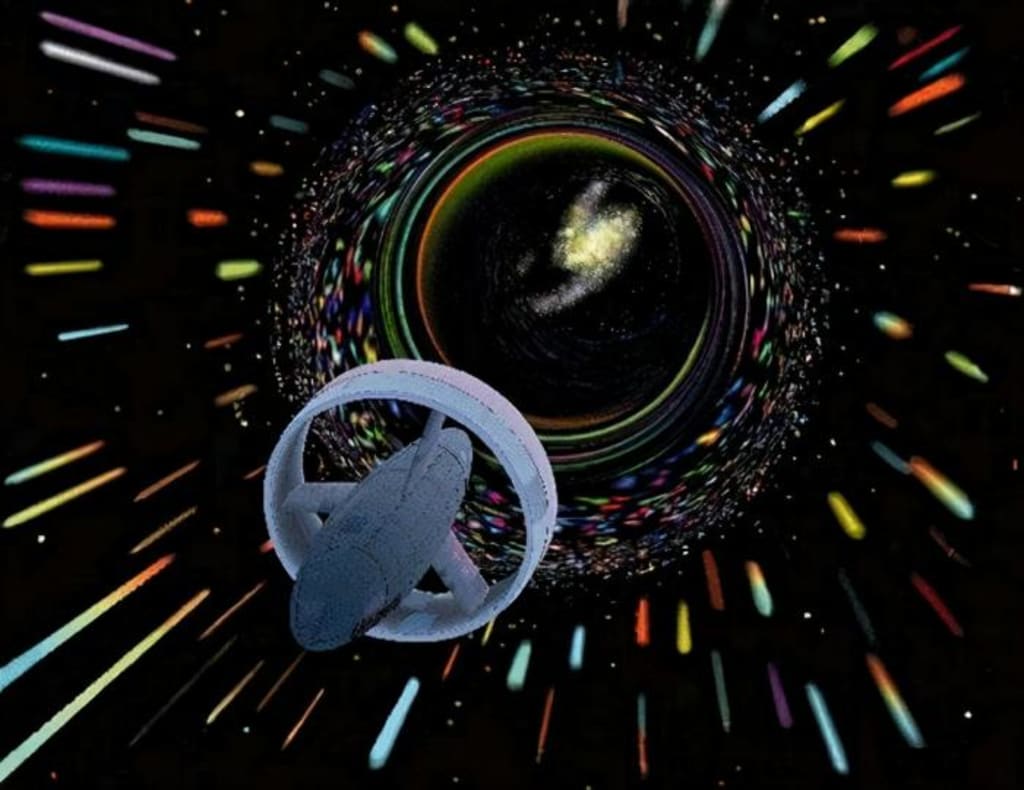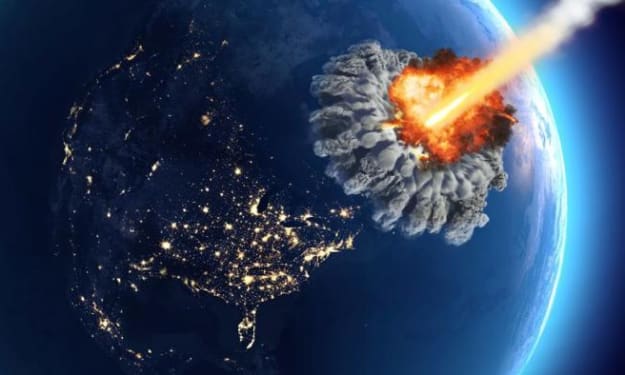What happens when you get close to a black hole? There must be a higher law of objects to adapt to black holes
Higher-level laws of objects adapt to black holes

There are billions of black holes in the universe. We can detect them with telescopes and satellites, but we don’t know what they look like. Although this is still an elusive wish, scientists have made plans to explore black holes. , it will be a one-way trip into the most dangerous part of the universe.
At first, the black hole theory caused an uproar in the physics community, who tried to deny the existence of black holes, because black holes seemed to break all the laws of physics, time stopped, and gravity became infinite, which was a nightmare. We obviously couldn't send humans anywhere near a black hole, when robots certainly could, and robotic detectors could send data back when they were about to cross the edge of the black hole, the edge of the black hole called the event horizon, at least in the universe as we know it, it is the edge of space-time. We named the time horizon that way only because it bisects space. It's not a physical surface, and if you're walking through it, you might not even notice it, but once you fall into it, you're falling into an abyss of death.
As you approach the event horizon, gravity begins to intensify, and bizarre conditions begin to manifest. When you first fall into the black hole with both feet, the feet are closer to the black hole, so the gravitational force you feel is stronger. Your head is farther away from the black hole, so you feel less gravitational force. At this point, you are stretched. Your feet are more pulled than your head. You are like a slush stretched by two strong men. You become more and more slender and closer to the black hole, and this process is figuratively called the spaghetti effect, because you become a thin and long noodle.
Gravity will stretch our robotic probe to its limits and then tear it apart. But imagine what would happen if the probe was strong enough to survive and keep going? Once it gets close to the event horizon, everything will be turned upside down, gravity will be extreme, and time will stop abruptly. We think time will never end, but in a black hole, time really stops. It sounds a bit funny, but black holes are, in accordance with scientific calculations, part of the cosmic web.
If you look from a distance, the robotic probe seems to slow down as it approaches the black hole, and then appears to stop completely, the whole process may be very brief, but from the outside, the probe seems to fall more slowly and become stationary . You can never actually see the entire process of an object falling into a black hole, it stops at the surface of the black hole because its clock is infinitely slower than yours. In fact, the probe didn't stop, it was still advancing and crossing the event horizon. If the detector turns the lens back toward the entrance of the black hole, it will see light being sucked in. If it points the lens forward, at first all it sees is darkness. But as it continues its journey toward the black hole's core, it reaches the strangest place in the universe, where the black hole's massive gravitational pull pulls everything down to the tiny point at the center, which scientists call the singularity. We really don't know what's going on at the center of a black hole. The density there is so high that all the laws of physics as we know them are broken.
Singularity makes spacetime meaningless, gravity increases infinitely, and now this definition has become absurd, and singularity has become a synonym for "I don't know", "no clue". Until now, scientists have not been able to answer what a black hole is. Somewhat frustrating is that there are objects in the universe that violate the laws of physics, and there must be higher laws that apply to and are obeyed by black holes, but we have not yet found the answer.
The only thing we know for sure is that black holes are born from dying stars, and most black holes are only 30 kilometers in diameter. Scientists have discovered that some black holes are even larger, called supermassive black holes, the size of the entire solar system, and even one of them lurks in the center of the Milky Way.
About the Creator
adalberto alejandrina
scientific exploration






Comments
There are no comments for this story
Be the first to respond and start the conversation.